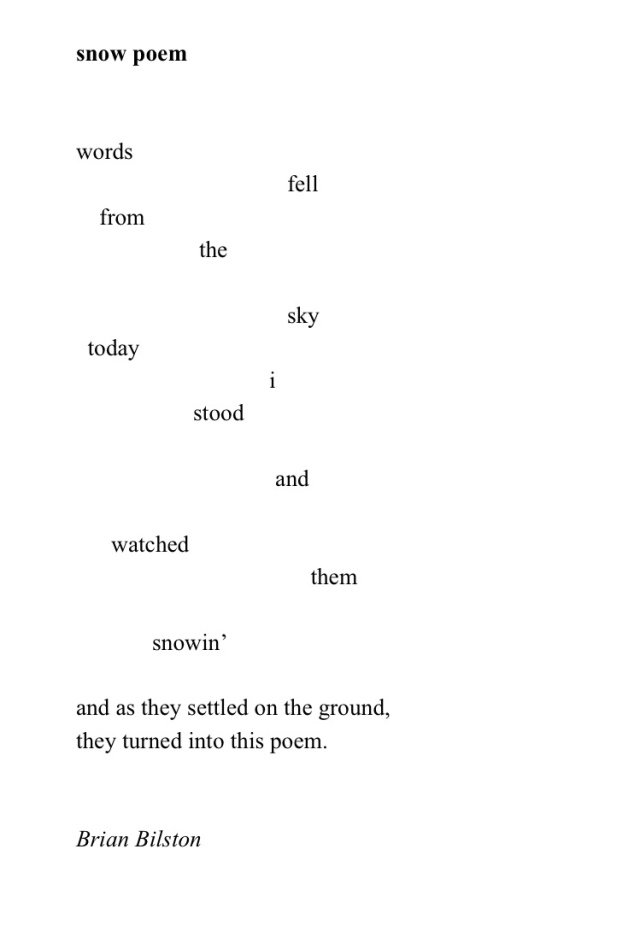National Poetry Day is a UK-wide celebration of poetry, which takes place every year on the first Thursday of October.
But poetry doesn't have to wait for one day a year - why not have a go at writing your own poem today? Below are some suggestions to help you get started with creating your own poems.
How to get started and write your own poem
- Choose one (or more) of the ideas below to write a poem.
- Remember: a poem doesn’t have to rhyme, have any techniques or even be in lines.
- Think of a poem as a collection of well-chosen words that create meaning for a reader.
- You can imagine it as spoken word poetry or written poetry.
Top tips to help you write your first poem:
For this poetry exercise there are no rules! Let your imagination and creativity flow. Follow these top tips to give you some inspiration:
- Search for Instagram poets or spoken word artists online to inspire you.
- Check out these poetry writing tips from poet Paul Cree. How to write a poem with Paul Cree.
- You can combine ideas or use any other forms of poetry if you want to.
- The word count is entirely up to you, and if it ends up as a paragraph of seven stanzas it’s still a fantastic poem.
What is a stanza?
A stanza is a section or verse of a poem which is made up of two or more lines.
Pick one or more poetry activity to try at home
Activity 1: Newspaper poetry
Find a newspaper, junk mail or anything around your house that has words on and you don’t mind ripping up. You can copy it out if you need to keep it.
Choose words and sentences at random and then arrange them to give them meaning. The results of this can range from being complete nonsense to really powerful, and it's a really fun way to think creatively with your poetry writing.
Activity 2: City poetry

Do some research about your town or city. Create a list of place names, perhaps famous people who lived there, landmarks or even reviews from visitors and create poetry out of it.
Or you can listen to the sounds of your street or town centre and describe the sights, sounds and feeling of your town. For city poetry inspiration, listen to George the Poet’s My City.
Activity 3: Shape poetry
Think of a thing or event to inspire a poem and try to recreate the poem in that shape. For example, if you were to describe the sea could you make the words take the shape of waves? See Brian Bilston and Lemn Sissay for examples.
Here is a poem by Brian Bilston called snow poem to show you what we mean!

Activity 4: Describe a feeling
Create a poem from a description of a feeling. You could describe being cold, hungry, lost or describe gravity, air, a smell or a person’s features. Think about your happiest, saddest or funniest memory with friends and family, and write down words that you associate with that feeling to start forming your poem.
Activity 5: Thesaurus poetry
Think of a word, any word, and find as many synonyms for it as you can. You could search for ‘happy’, ‘lost’, ‘fire’, ‘cold’.
When you have a bank of powerful words, use them to inspire a poem or prose on the subject you have chosen. You could have some lines as sentences developed from a word, whereas some lines might be one synonym or a list.
Find out more about National Poetry Day at nationalpoetryday.co.uk.



